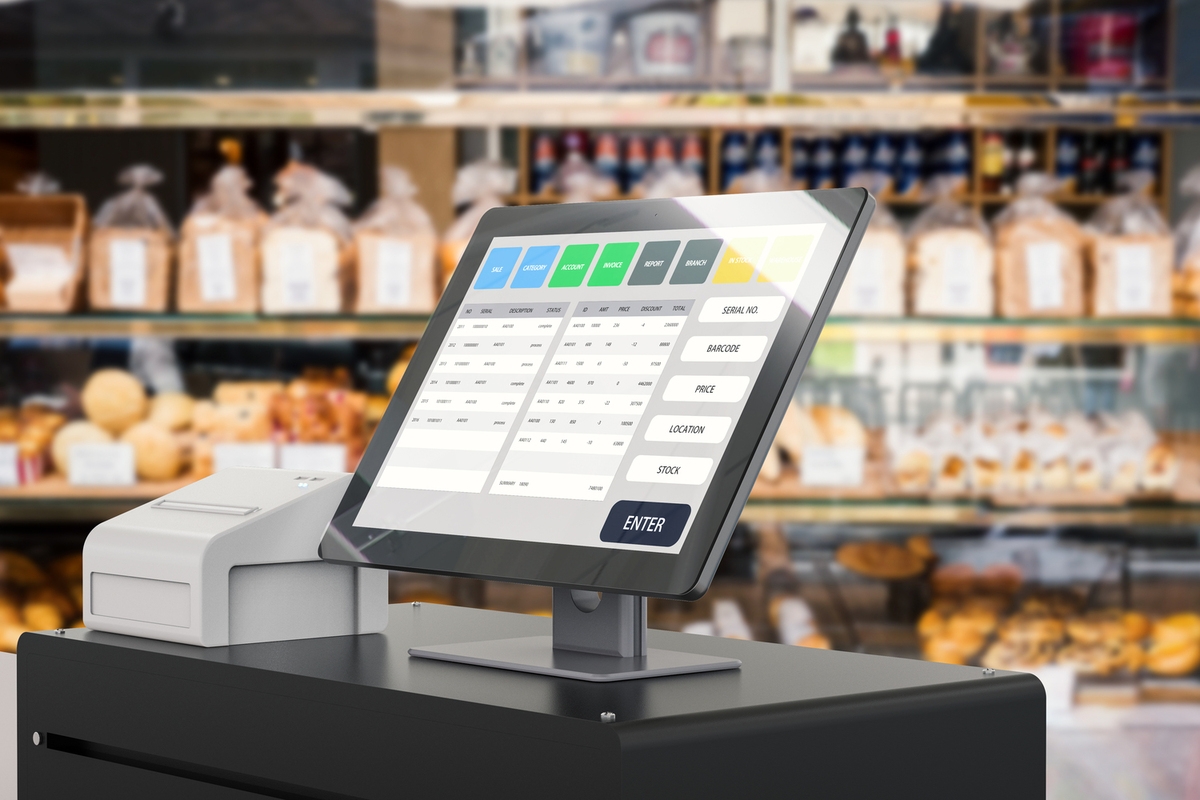Essential Insights into Modern Warehouse Management Solutions
Discover the key features and benefits of implementing a modern warehouse management system (WMS). This article covers how WMS streamlines inventory processes, optimizes storage, reduces costs, ensures compliance, and scales with your business growth. Learn how a WMS can improve efficiency, accuracy, and customer satisfaction for retail and e-commerce companies.

Essential Insights into Modern Warehouse Management Solutions
With the surge in online shopping, retail and e-commerce brands need efficient ways to manage orders seamlessly. A warehouse management system (WMS) offers a digital approach to track inventory and optimize fulfillment workflows. Understanding the core features of a WMS is crucial before investing, to ensure maximum benefits.
Function of WMS
Warehouse management software streamlines daily inventory operations. It helps track orders, handle product picking, packing, and shipping from a centralized platform.
When online orders arrive, the WMS activates, providing real-time updates on stock levels, product locations, and shipping info. It then orchestrates tasks to expedite order processing. The software integrates with existing operations to simplify inventory control. Key processes managed include purchasing, transportation, storage, and inventory updates. It automates receiving, storing, and dispatching items while alerting staff to low stock, expiry dates, and returns. Additionally, it facilitates unloading freight, verifying stock, recording incoming goods, and managing item movement within the warehouse.
Top Features to Look For
A comprehensive WMS offers various functionalities beyond inventory tracking.
Product Storage Optimization
Maximizing storage space is vital for efficient operations. A WMS strategizes product placement, reducing wasted space and enabling quick access. It recommends techniques like vertical stacking and dynamic slotting, allowing warehouses to store more within existing areas. This helps avoid the need for additional storage facilities.
Cost Efficiency
Implementing a WMS reduces operational costs by optimizing space, decreasing delays, minimizing product wastage, and lowering return rates. It also lessens reliance on manual labor, leading to significant savings.
Speed and Accuracy in Order Fulfillment
A WMS enhances customer satisfaction through faster, precise order processing and real-time status updates. It minimizes errors, reducing returns and exchanges caused by incorrect or missing items. Accurate inventory data also supports better decision-making and prevents stock mismanagement.
Growth Scalability
As a business expands, so do its warehousing needs. A WMS adapts to increased product ranges, higher order volumes, and larger inventories, ensuring smooth scalability without manual hassles.
Compliance and Record-Keeping
For regulated industries, a WMS ensures adherence to safety, tax, and product tracking standards. It generates detailed, audit-proof records of inventory movements, order history, and expiry dates, aiding in legal compliance and reducing risks associated with product perishability.
Points to Consider Before Adoption
Businesses should evaluate their specific needs before choosing a WMS. Options range from user-friendly solutions for small firms to advanced systems for larger operations. Real-time inventory visibility can resolve delays and errors. For growing companies with multiple warehouses, investing in a scalable solution is wise. Smaller businesses may opt for affordable, entry-level tools to start.
Note:
Our platform provides diverse insights and practical information across categories. While our research aims to inform, users should consider this data as supplementary rather than definitive. The authors disclaim responsibility for any discrepancies or omissions, and readers are advised to verify details independently, especially regarding offers or updates that may differ from our content.










